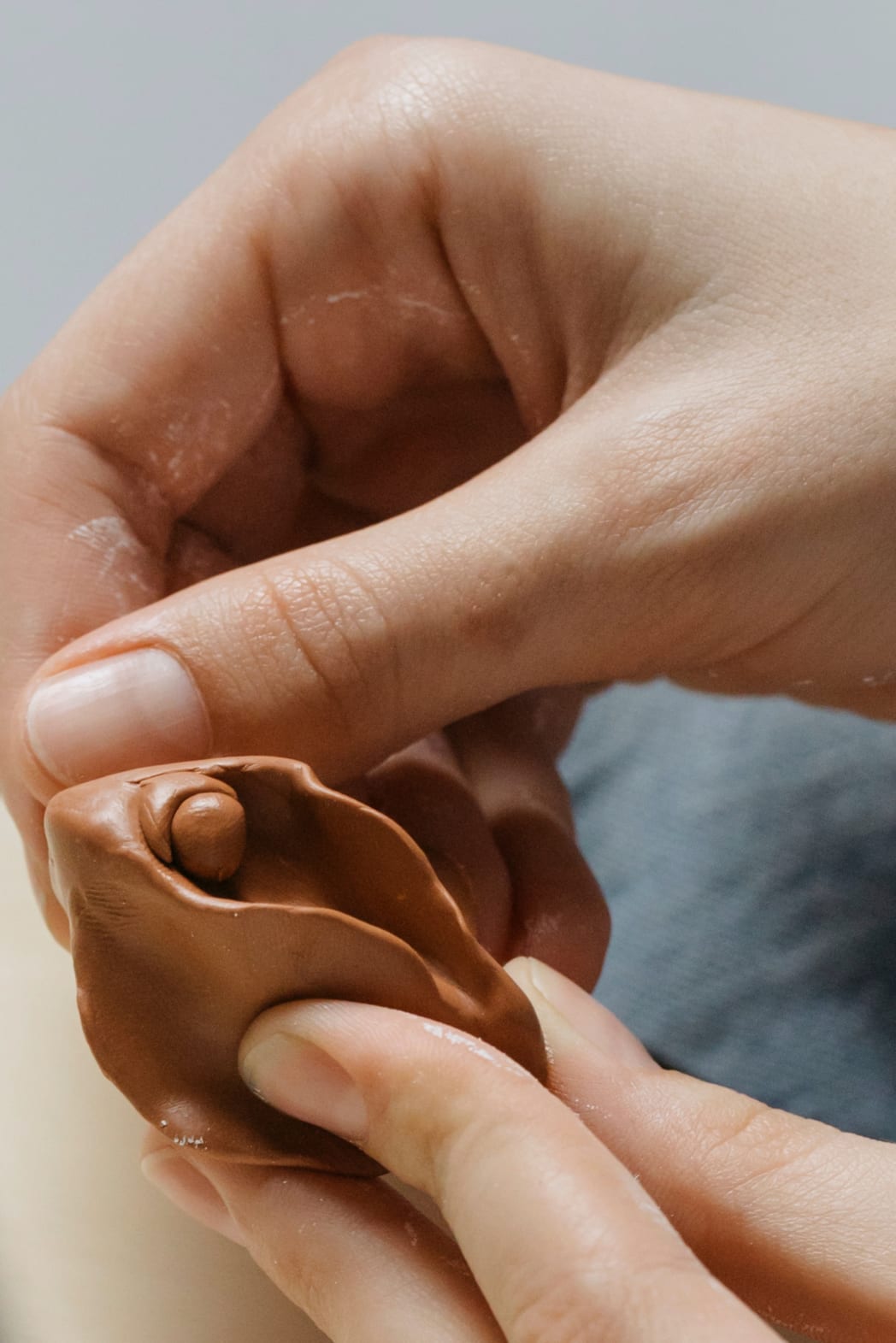
How to Clean Your Vagina and Vulva - Complete Guide
by Indranil on July 25, 2023 , 8 min read
Proper hygiene and care for your lady parts are essential to every woman. Cleaning the vaginal area correctly not only helps maintain cleanliness but also promotes overall vaginal health. In this comprehensive guide, we will explore the best practices for cleaning the vaginal area, including the vulva. We will also discuss common concerns such as vaginal odour, its causes, and ways to cope with it. Additionally, we will touch upon the importance of maintaining good vaginal and vulvar hygiene and whether consulting a female gynaecologist is helpful.
The difference between the vagina and the vulva:
Before we get into the whole cleaning process, it's crucial to understand the differences between the vagina and the vulva. The vagina is the internal canal that connects the uterus to the external genitalia. On the other hand, the vulva refers to the external genitalia, including the labia majora, labia minora, clitoris, and vaginal opening, the parts you can feel on the outside. Cleaning both areas is vital for maintaining appropriate hygiene.
How to Properly Clean Your Vaginal Area During Your Period
Maintaining cleanliness becomes even more crucial when you get your period. Here are some essential tips for cleaning your intimate vaginal area during your period:
1. Use mild, unscented soap: Avoid using harsh soaps or heavily scented products such as intimate cleansers and lotions, as they can disrupt and cause an imbalance in the natural pH of the vagina. Opt for mild, unscented soaps or specifically formulated intimate washes that are suitable to the pH of your vagina.
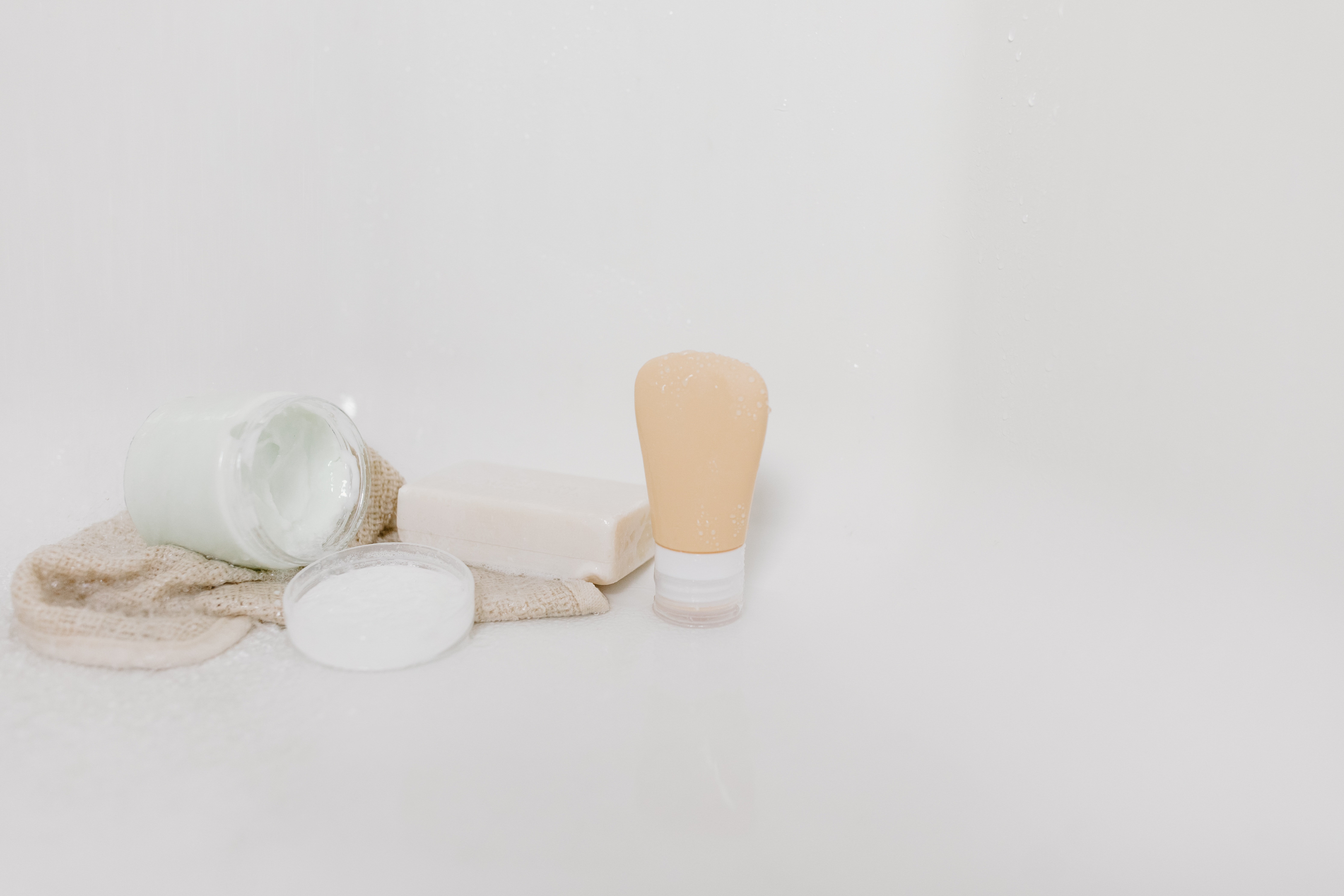
2. Gently wash the external genital area: When cleaning, focus on the external vulva rather than the vagina itself. The vagina is known to naturally clean itself so you need not worry too much about that, it’s what's on the outside that needs cleaning. Use warm water and gentle movements to wash the labia majora, labia minora, and the area around and under the clitoral hood.
3. Pat dry after washing: After cleansing, ensure that the vaginal area is thoroughly dried. Use a clean, soft towel and gently pat the area dry to prevent moisture buildup, which can lead to bacterial or fungal growth.
How to Clean Your Vulva
Regularly cleaning the vulva is essential for maintaining good hygiene. Here are some steps to follow when cleaning your vulva:
1. Wash with warm water: Start by rinsing the vulva with warm water. Avoid using hot water, as it can cause dryness and irritation.
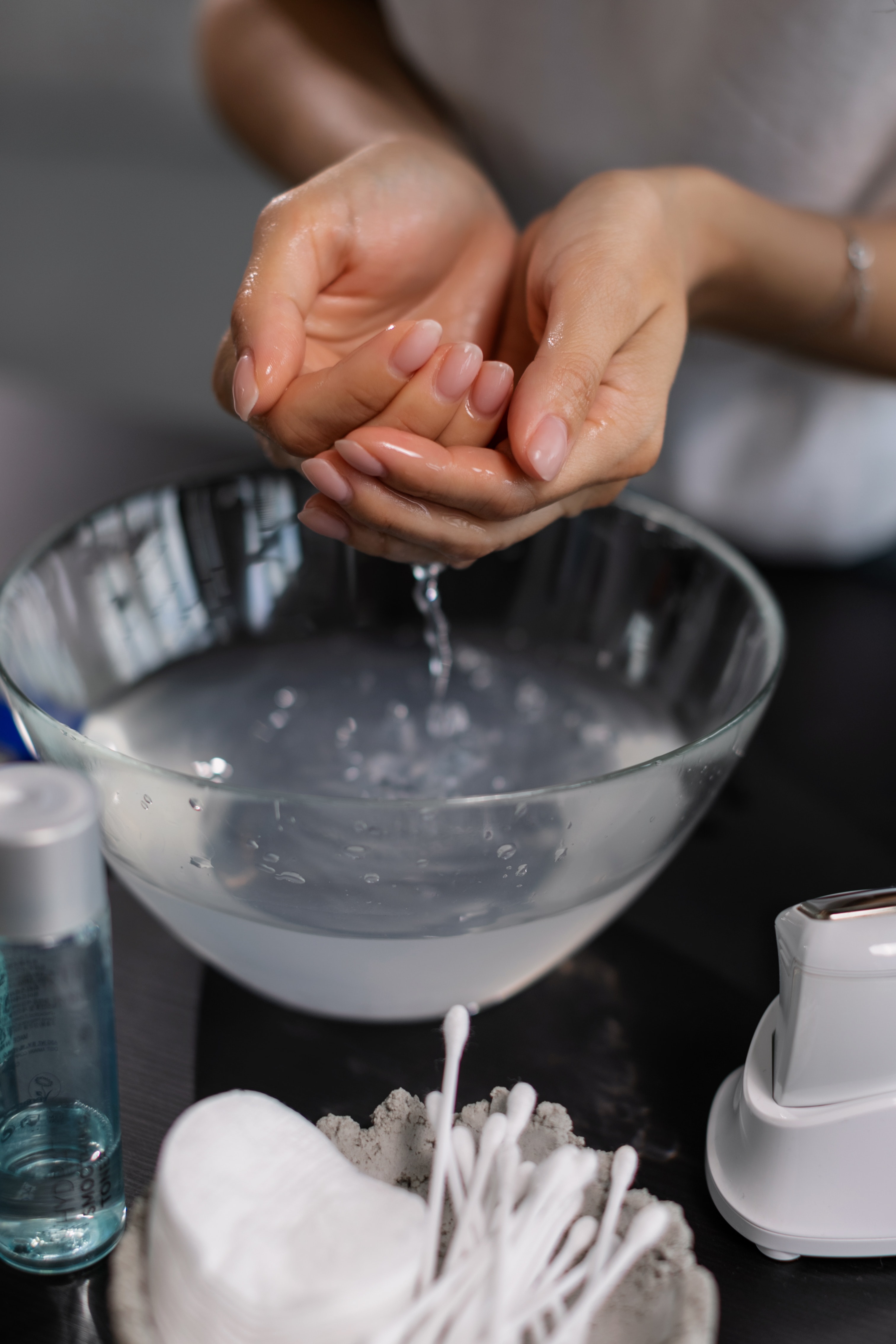
2. Use gentle, pH-balanced cleansers: To maintain the natural pH balance of the vulva, opt for pH-balanced, fragrance-free cleansers specifically designed for intimate use. These products help protect and properly clean the delicate vulval skin and prevent irritation.
3. Avoid excessive scrubbing: Be gentle when washing the vulva. Avoid using harsh scrubbing motions or rough materials, as they can cause irritation or redness and can disrupt the natural balance of the area.
What is the Best Feminine Wash to Clean Your Vulva?
Choosing the right feminine wash is essential for maintaining vaginal health. Look for a gentle, pH-balanced, and hypoallergenic product that is free from harsh chemicals and fragrances. Some feminine washes contain natural ingredients like aloe vera or tea tree oil, which have soothing and antimicrobial properties. However, it is important to note that every individual may have different sensitivities, so it's recommended to test a small amount of the product on a small area of the vulva before regular use.
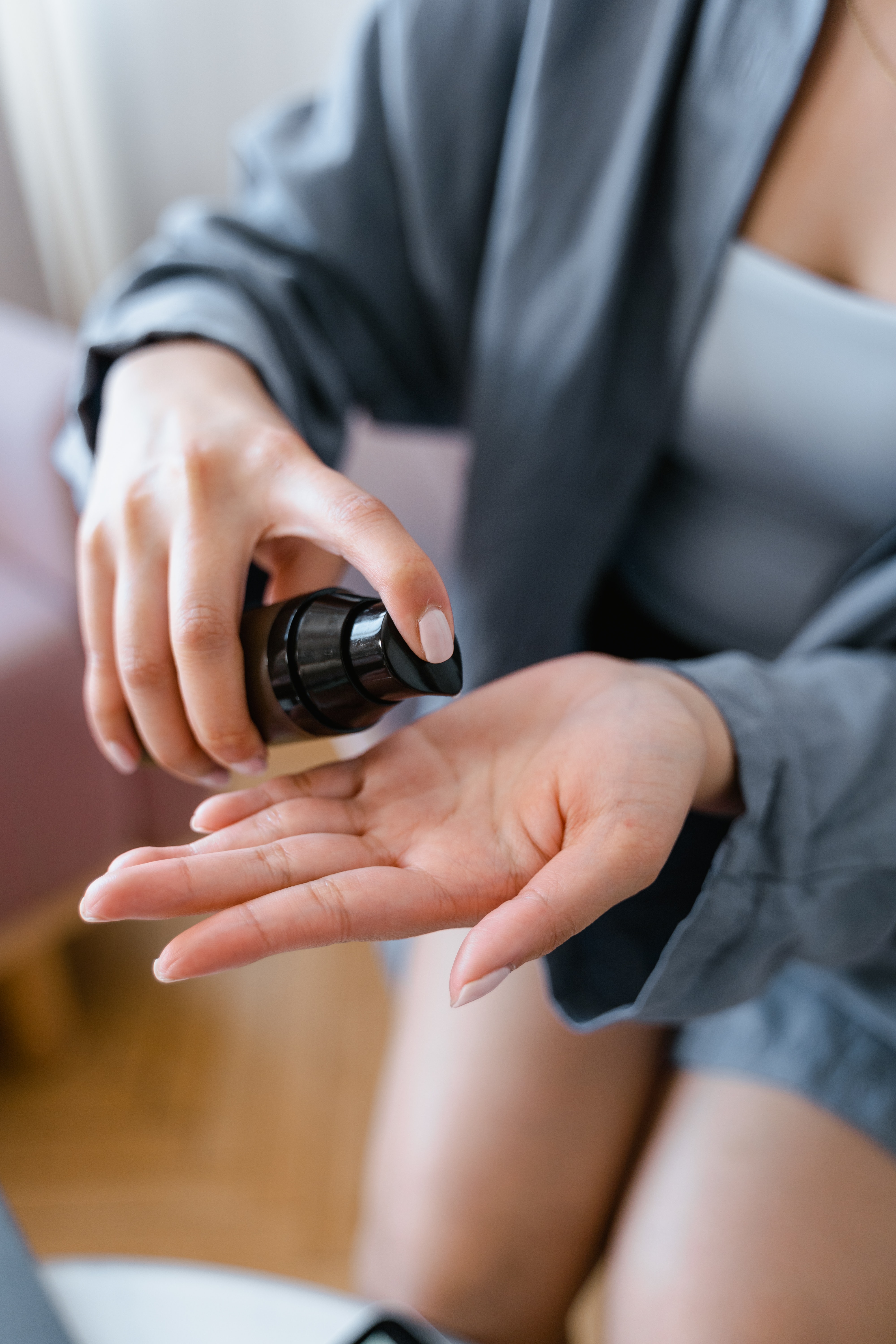
Causes Of Vaginal Odour and How to Cope with it?
Vaginal odour is a common concern among women. Your vaginal area is not meant to naturally smell sweet or fruity, there will be certain smells as your vagina has plenty of good bacteria and fungi that maintain the pH inside. However, if the vaginal odour is something other than normal, then it could be a cause for concern and you might want to consider checking in with your doctor. Several factors can contribute to vaginal odour, including:
1. Bacterial vaginosis (BV): An overgrowth of harmful bacteria in the vagina can cause a fishy odour. BV requires medical attention and can be treated with prescription antibiotics prescribed by a doctor.
2. Poor hygiene: Inadequate cleaning of the vaginal area can lead to the accumulation of sweat, bacteria, dead skin cells and other substances, resulting in an unpleasant odour. Proper cleansing techniques, as discussed earlier, can help prevent odour caused by poor hygiene.
3. Menstrual cycle: Menstruation can temporarily change the scent of the vaginal area due to the presence of menstrual blood. Maintaining good hygiene during periods, including regular changing of menstrual products, can help manage odour.
4. Sweating: Excessive sweating in the groin area can contribute to odour. Wearing breathable underwear, avoiding tight-fitting clothing, and keeping the area clean and dry can help reduce the odour caused by sweat.
To cope with vaginal odour, it is important to address the underlying cause. If the odour persists or is accompanied by other symptoms such as itching, burning, or unusual discharge, it is recommended to consult a healthcare professional for an accurate diagnosis and appropriate treatment.
Ways to Maintain Good Vaginal and Vulvar Hygiene
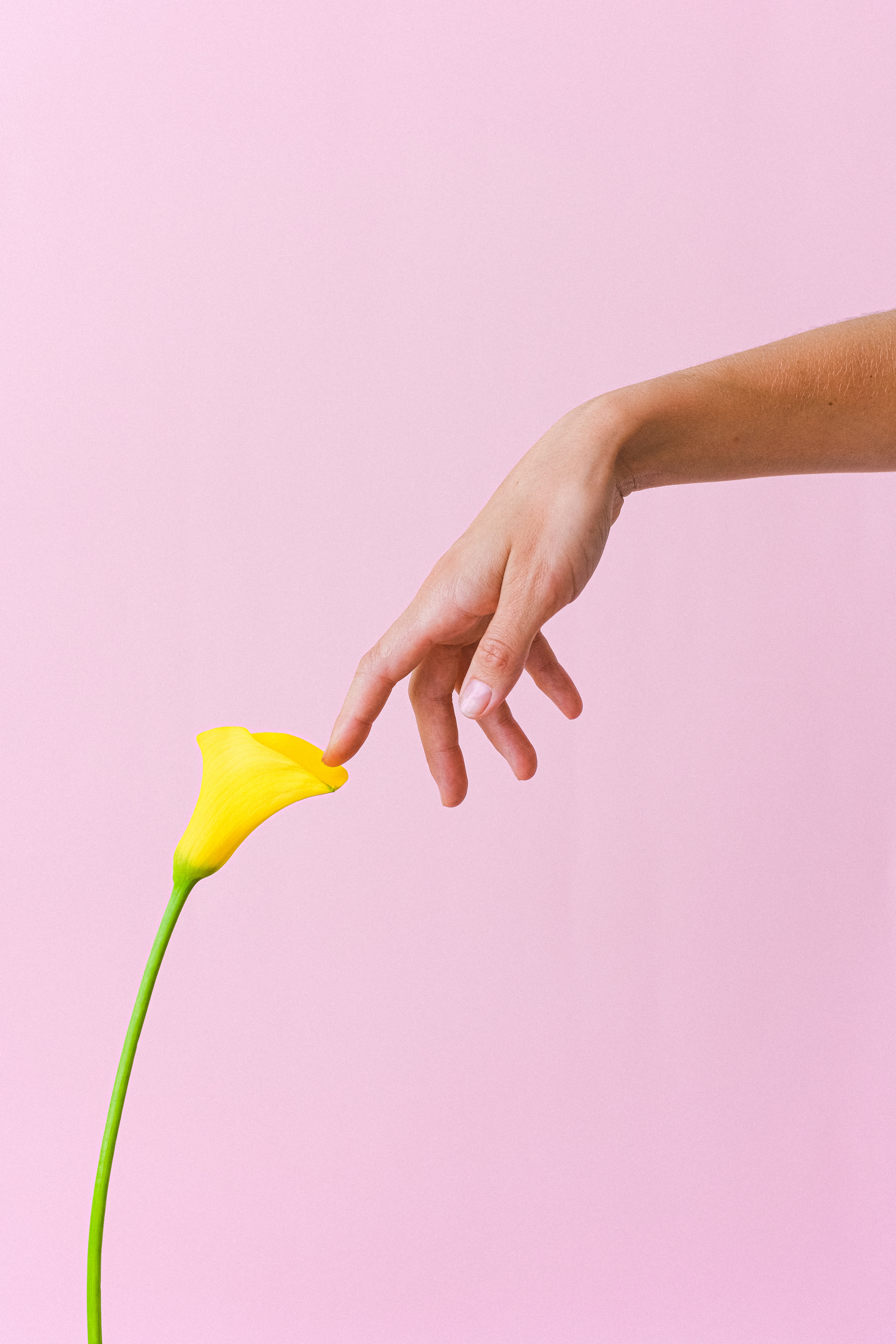
Apart from proper cleansing techniques, there are other ways to maintain good vaginal and vulvar hygiene:
1. Wear breathable underwear: Choose underwear made from breathable fabrics like cotton that allow airflow and reduce moisture buildup, helping to prevent bacterial growth and odour.
2. Avoid douching: Douching, or the practice of cleansing the inside of the vagina with water or other solutions, is unnecessary and can disrupt the natural balance of the vagina. The vagina is self-cleaning and maintains its pH balance naturally.
3. Practise safe sex: Engage in safe sexual practices to reduce the risk of sexually transmitted infections (STIs) and maintain vaginal health. Using barrier contraceptives such as condoms can provide protection against STIs.
4. Change menstrual products regularly: Regularly changing tampons, pads, or menstrual cups during menstruation helps prevent odour and reduces the risk of infections.
Should I Consult a Female Gynaecologist?
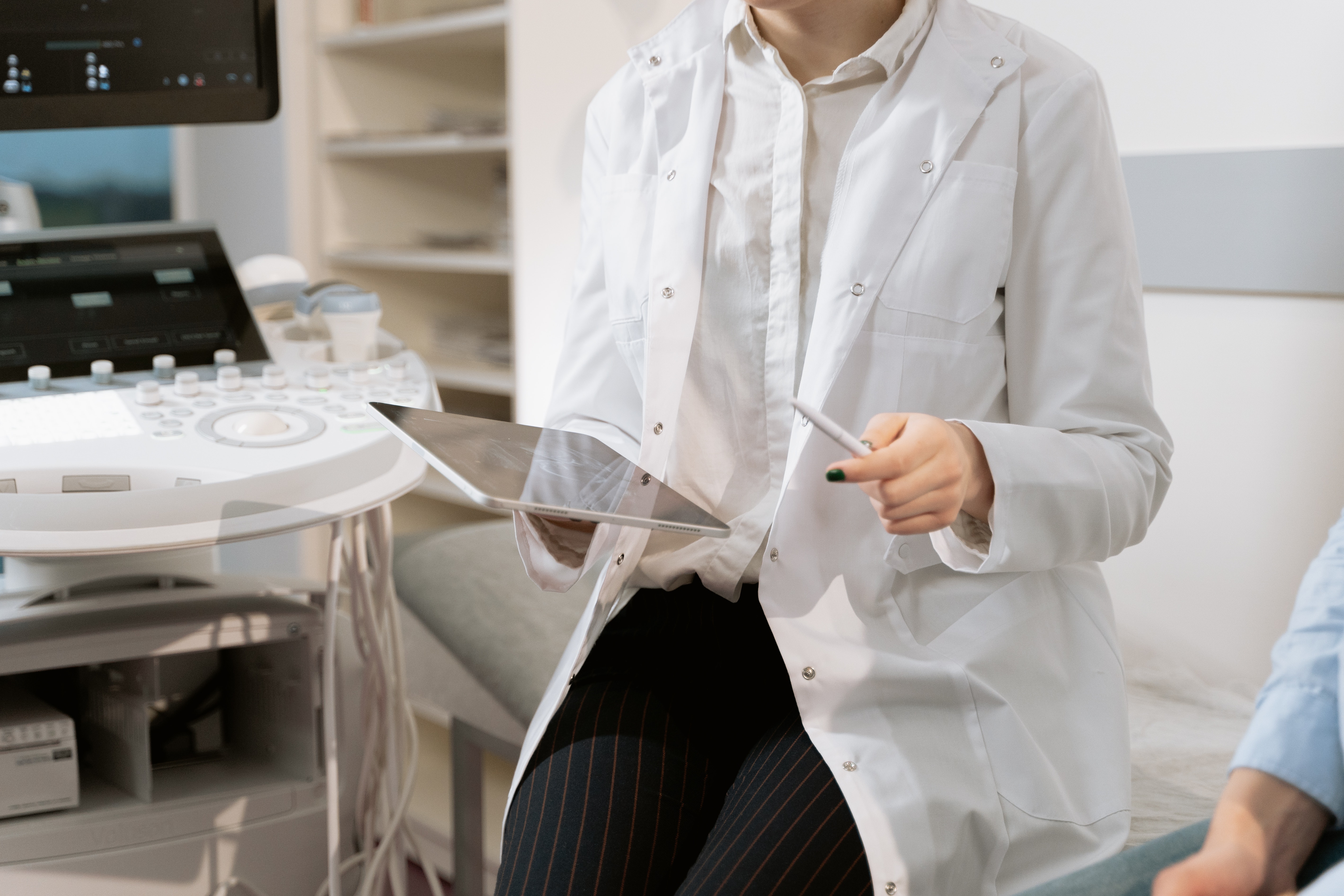
Regular gynaecological care is essential for women's health. Whether or not you should consult a female gynaecologist depends on your comfort level and personal preference. Many women feel more at ease discussing intimate concerns with a female healthcare professional. Female gynaecologists are experienced in addressing a wide range of women's health issues and can provide personalised advice and treatments.
In today's digital age, online gynaecologist consultations have become increasingly popular. Online consultations provide a convenient and confidential way to seek expert advice and address concerns related to vaginal health and hygiene. Online platforms such as Kindly Health offers the opportunity to consult with certified gynaecologists from the comfort of your own home.
Conclusion:
Proper hygiene and care of the vaginal area are crucial for maintaining vaginal health and preventing discomfort. By following the appropriate cleaning techniques, choosing the right products, and maintaining good overall hygiene practices, you can keep your vaginal area clean, healthy and odour-free. However, if you find yourself experiencing persistent odour, unusual discharge, or any other concerning symptoms, it is recommended to consult a healthcare professional, such as a female gynaecologist, for proper diagnosis and treatment. Make sure to always prioritise your vaginal health and take the necessary steps to keep your vaginal area clean and fresh.